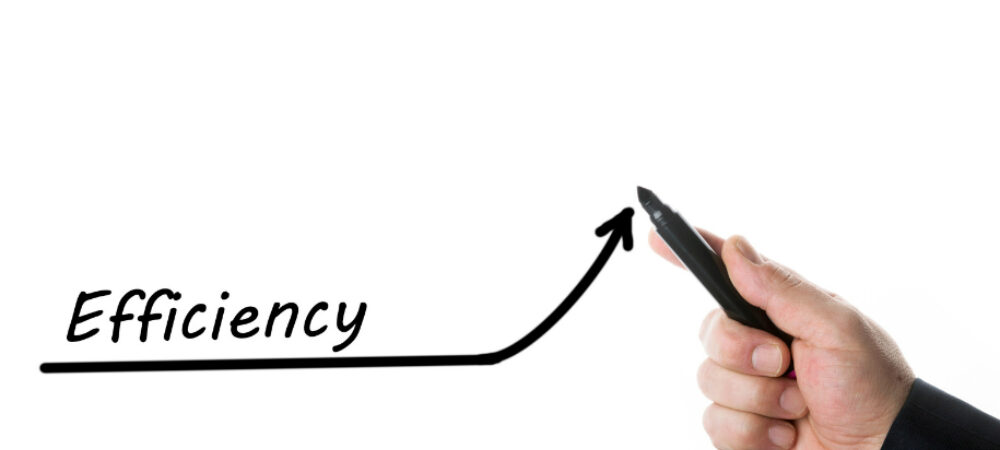Today’s healthcare industry faces numerous challenges, such as increasing costs, stricter regulations, and an ever-changing financial landscape. One of the critical aspects of operating a successful healthcare organization is optimizing Revenue Cycle Management (RCM). This article will delve into the best practices and strategies to maximize efficiency in healthcare RCM. By understanding and implementing these steps, providers can enhance patient care while improving their bottom line.
The Importance of RCM Healthcare Services
Efficiency in RCM healthcare services is vital, as it directly impacts the financial health of any medical organization. A streamlined RCM process ensures timely and accurate billing, collections, and claims management—ultimately leading to better cash flow and improved patient satisfaction. With a robust RCM process in place, organizations can better navigate the dynamic healthcare landscape and focus on their primary goal: providing excellent patient care.
Strategies and Best Practices for RCM Improvement
Following the tips for improving revenue cycle management can significantly transform an organization’s financial health. Below are the crucial strategies and best practices to effectively optimize healthcare RCM:
- Accurate Patient Data: Ensuring the collection of precise and up-to-date patient information is integral to RCM’s success. This accuracy reduces the likelihood of claim denials and helps to streamline the billing process.
- Regular Staff Training: Continuous training and education for medical staff, particularly those involved in the RCM process, are paramount. This training is helpful in keeping staff updated on new regulations, guidelines, and advancements in healthcare technology.
- Maintain Compliance: Healthcare organizations must adhere to stringent rules and regulations, such as the Health Insurance Portability and Accountability Act (HIPAA). By maintaining compliance, organizations can avoid potential fines and penalties that might otherwise compromise their RCM efforts.
- Outsource RCM Services: For some organizations, outsourcing RCM to a specialized company can prove to be cost-effective and efficient. By knowing how much healthcare RCM services cost, healthcare providers can determine whether outsourcing the tasks is financially viable.
- Regular Process Reviews: Continuously evaluating and updating RCM processes is vital to maintaining efficiency. Identifying areas that require improvement, such as claim denials or delayed payments, can help organizations make informed decisions in optimizing RCM performance.
If you are interested in learning more, explore the tips for improving revenue cycle management to maximize efficiency in your healthcare organization’s RCM process.
To Sum Up
The importance of RCM healthcare services cannot be overstated, as they profoundly impact the financial stability of any healthcare organization. By executing the strategies and best practices discussed above, providers can optimize their RCM process, improve patient satisfaction, and ultimately achieve their primary goal of providing excellent patient care. With a streamlined and efficient RCM process, healthcare organizations can navigate the challenges posed by the ever-changing landscape and continue to thrive in delivering quality healthcare services.


